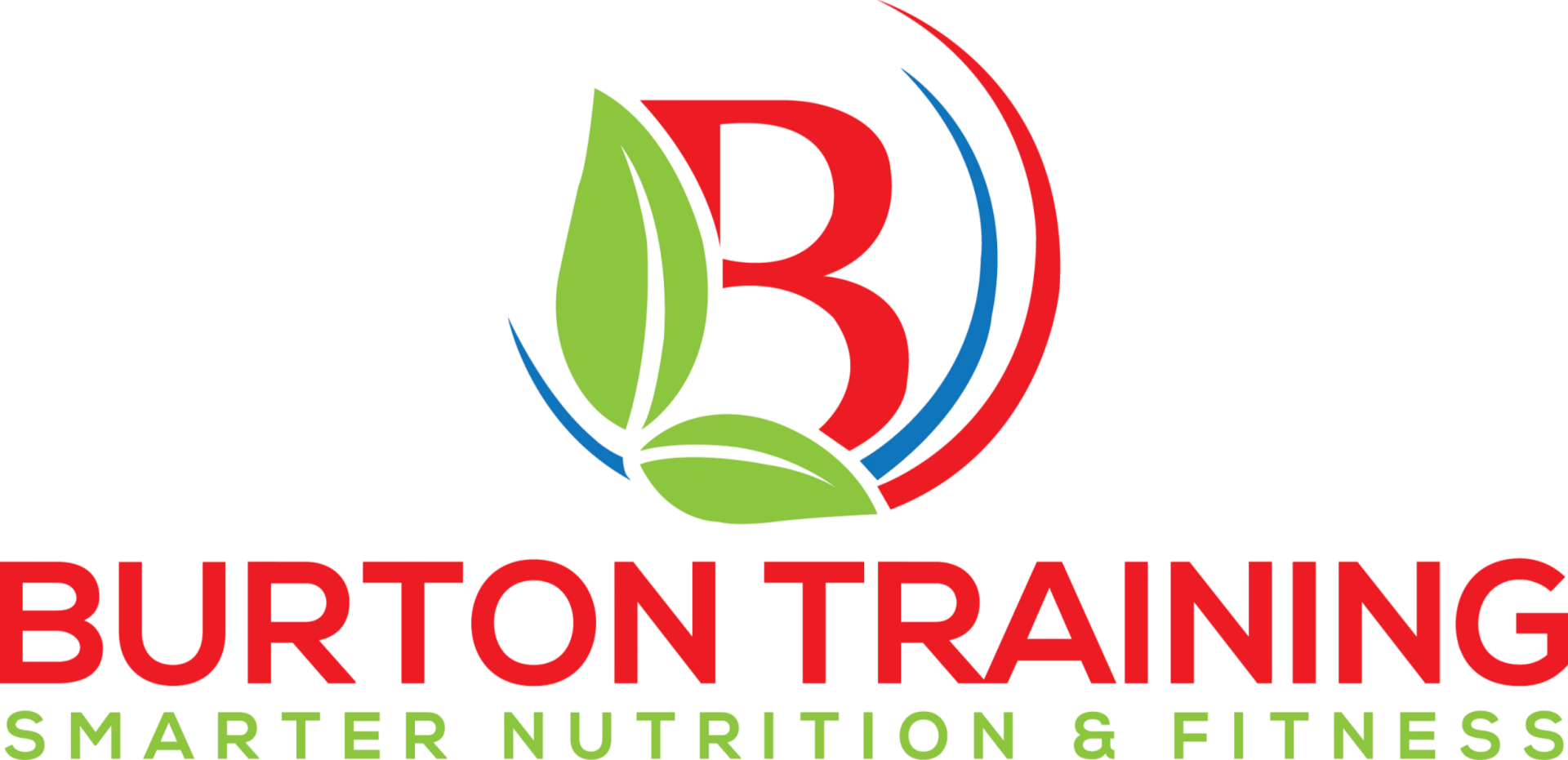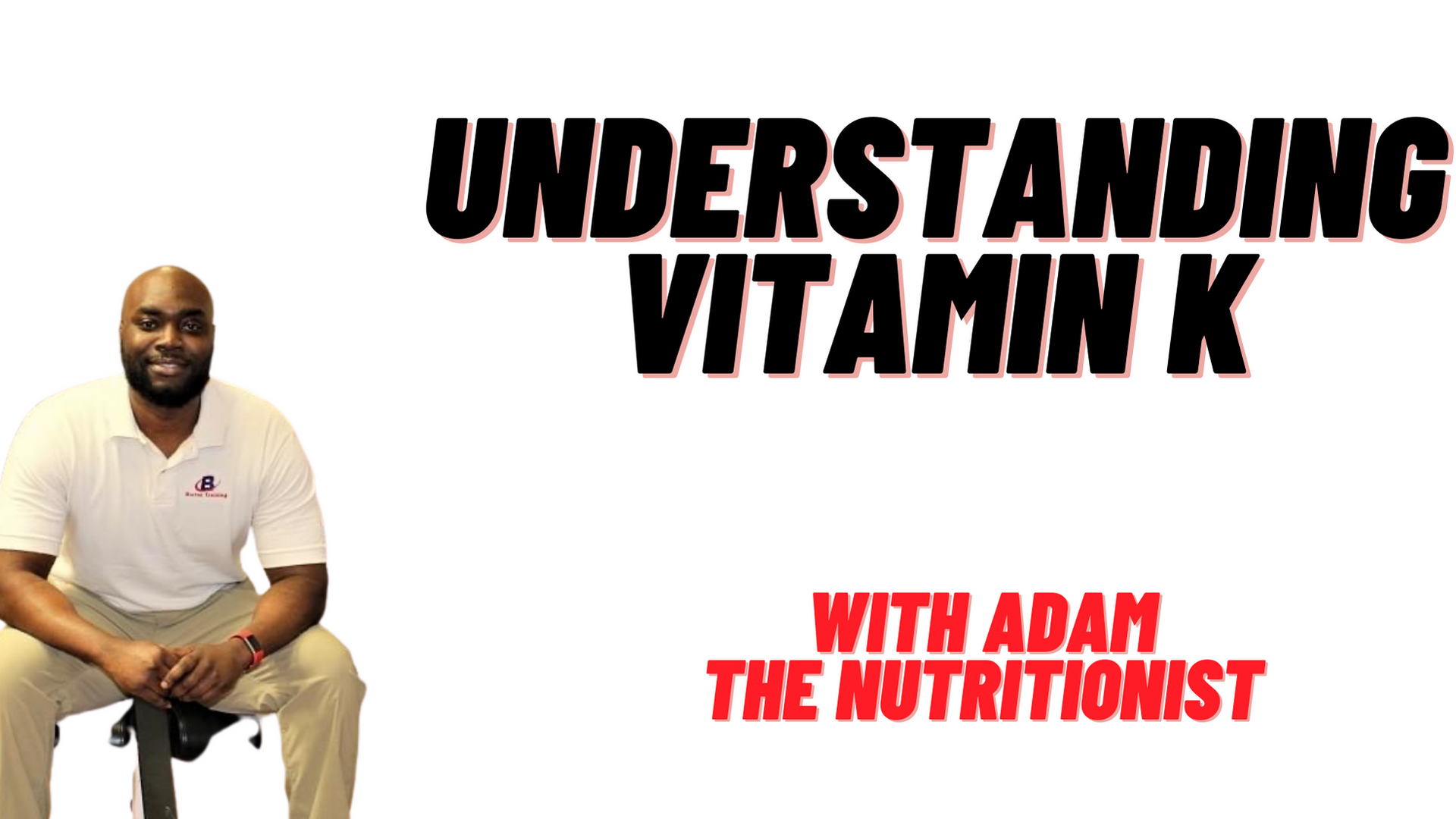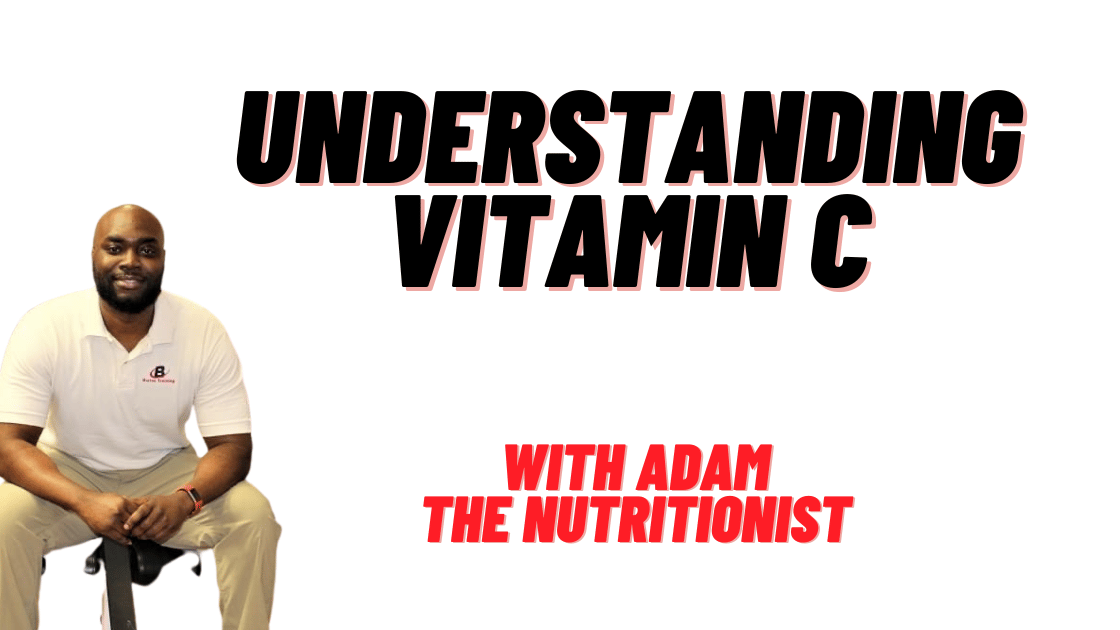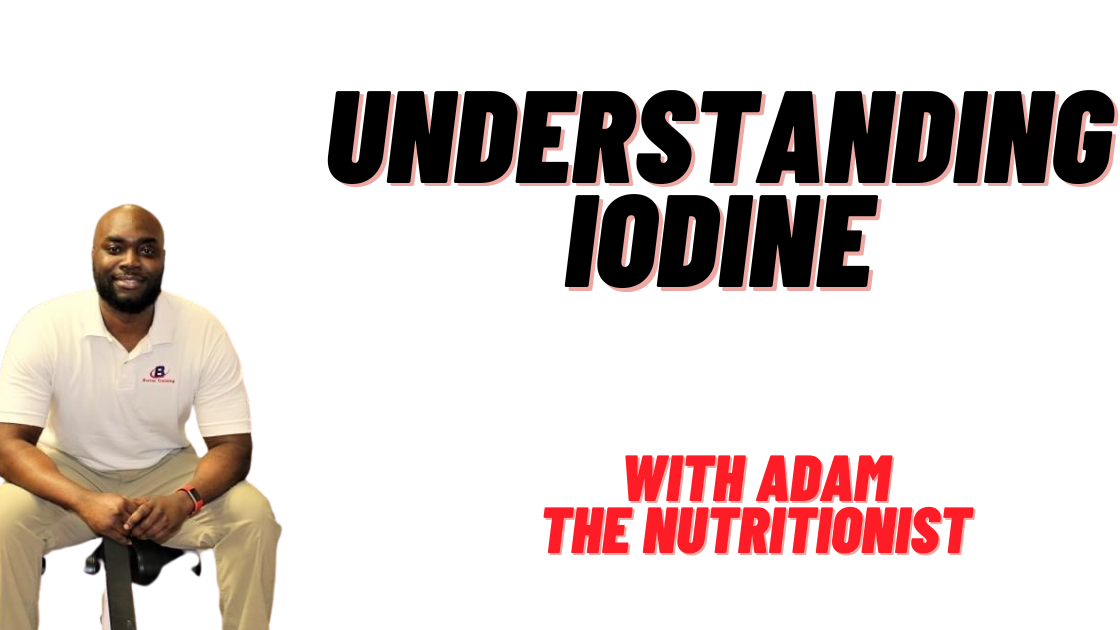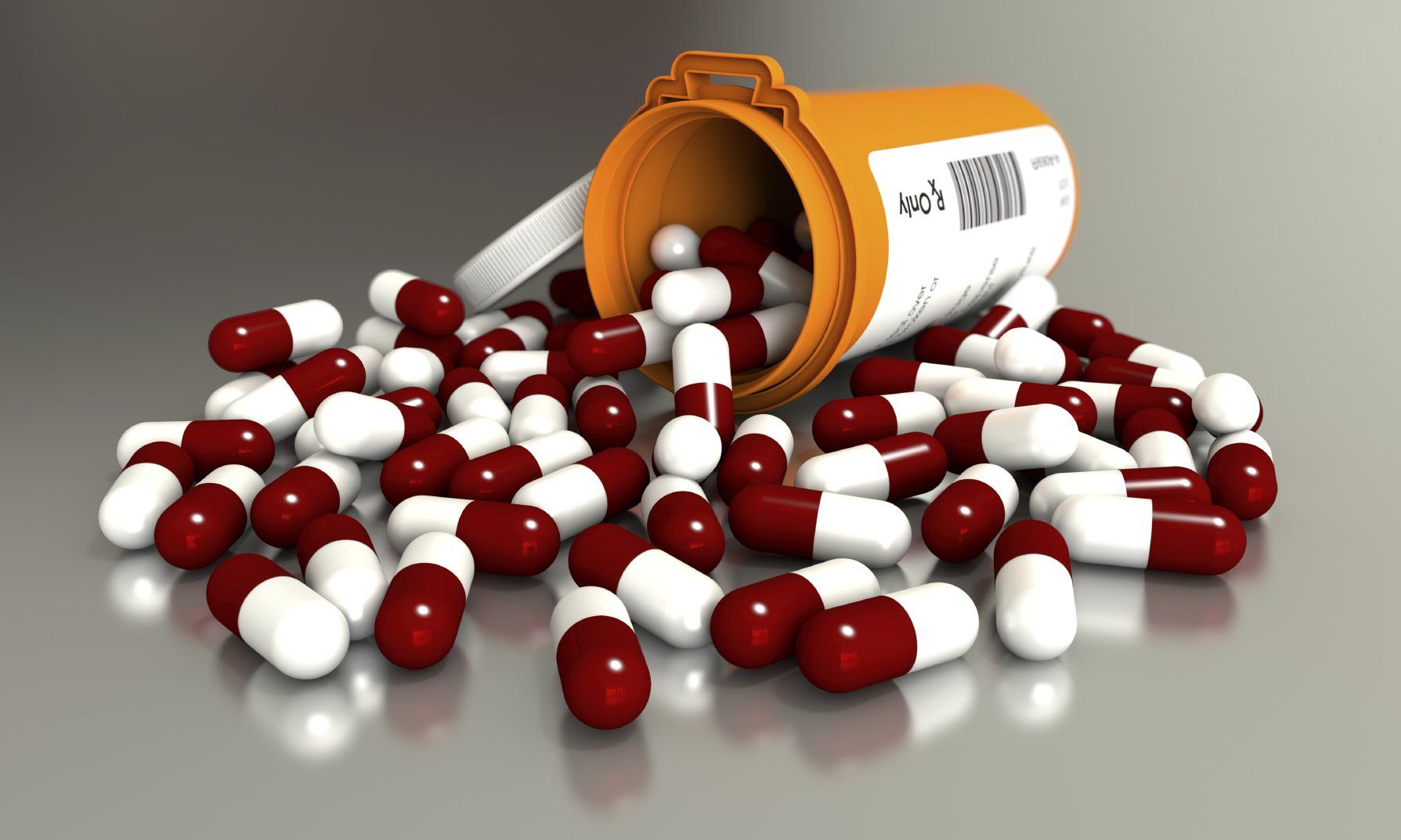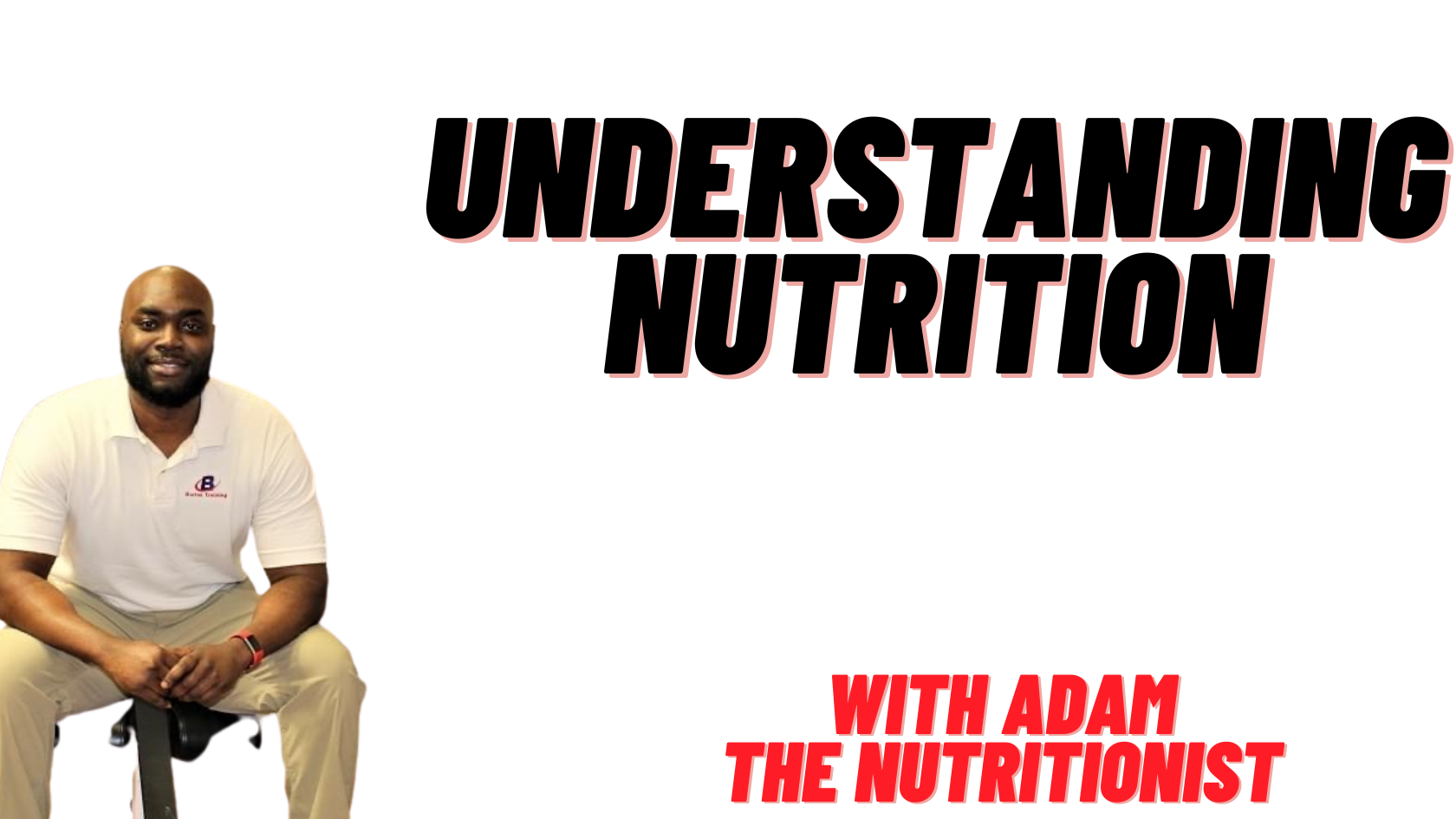Understanding Vitamin K
Introduction
Vitamin K is an essential nutrient. We have only known about Vitamin K for about 100 years, but it's role is imperative to overall health. Around 1920 we learned that lacking in Vitamin K can cause serious issues!
It's important to note that there are (3) kinds of Vitamin K. Vitamin K1, K2 and K3.
What’s The Difference Between Vitamin K1 and K2 in the Body?
Vitamin K1 and K2 are fat-soluble and can be synthesized by your microflora in the gut. Vitamin K3 is menadione, a synthetic version that can be toxic to the kidneys and liver, is often given to babies at birth. Synthetic vitamin K toxicity occurs only with synthetic forms. The symptoms of toxicity are flushing, sweating. and chest constrictions. There is no toxic dose of vitamin K1 and K2.
A vegan diet can lack Vitamin K2 because it is mostly found in animal products. Unless you eat natto, which is a fermented soybean commonly eaten in Japan, you aren't getting much Vitamin K2. Not to mention, it also taste terrible...one of the worst things I have ever had. But, they eat it in large amounts in Japan!
Vitamin K1 helps clogged arteries. Vitamin K2 works w/ vitamin D in calcium metabolism. But it's important to understand that they both work together; they are holding hands the entire time.
Without vitamin K2, you can easily end up with plaque in the arteries and on teeth. It’s the most potent inhibitor of vascular calcification. The elasticity in your arteries improves with this vitamin, as does high blood pressure.
Here are additional functions of vitamin K
- Helps clean out calcified joints
- Helps fight oxidation
- Helps liver function
- Strong bones
- Reduces risk of plaque forming on arteries
*In one study, those who had consumed the most K2 had a 50% reduced risk of calcification and 50% reduced risk for heart attacks. (Rotterdam study) In the Gast study, vitamin K2 intake was the form of vitamin K that protected against cardiovascular events.
Signs you may be deficient in Vitamin K
- Miscarriages
- Plaque on arteries (high blood pressure, stroke, heart disease etc)
- Long menstrual cycles
- Clots in menstrual blood
- Kidney Stones
Foods Sources For Vitamin K
K1 is in leafy grasses. (Called phylloquinone, phtyomenadione, and phytonadione)
Anything that is green will have Vitamin K1. (Note: Cooking seems to increase Vitamin K. For example, cooking your spinach gives you more vitamin K than the amount found in raw spinach.)
Vitamin K2 is the animal source of the vitamin. It’s the main storage form in animals. It’s called menaquinone, MK-4, MK-7 (found in fermented foods from Bacillus bacteria, too)
- Milk
- Hard cheeses
- Cheese sourced from Europe where the animal eats grass
- Natto (fermented soy product mentioned earlier)
- Green leafy veggies (Vitamin K1)
- Kelp (Vitamin K1)
- Cabbage (Vitamin K1)
What Are Some Things That Cause Deficiencies?
- Aspirin
- Consuming mineral oils
- Low fat diets
- Overuse of X-Rays
- Poor gut bacteria
**Those taking antibiotics also need more Vitamin K
How Much Do I Need Daily ?
75-130 mcg/day is the minimum amount you need but this number can increase if you are deficient or have digestive issues. The average daily intake in diets is 300-500 mcg if they eat a varied diet. Problems occur when people have digestive issues or eat limiting diets such as being vegan, carnivore etc.
How Can You Increase Your Vitamin K?
- Eat more green leafy vegetables, cooking them with fat when you can
- Eat more fermented foods: cheeses, yogurts, sauerkraut
- Supplement with probiotics (Still combine these with some foods from above)
- Supplement with vitamin K combination products that are made from food and/or bacteria. (Still combine these with some foods from above)
- Consult with an experienced nutritionist who has a background in blood work.
**Note: The only test that gives doctors an indication of your vitamin K status is a test for clotting time. The issue is, the test is only done if there are spontaneous nosebleeds or it took too long to stop bleeding from a wound. Clotting function is a process controlled by homeostasis, and it has to be very disrupted in order to show up. All the other functions in the body are disrupted long before clotting is disrupted!


